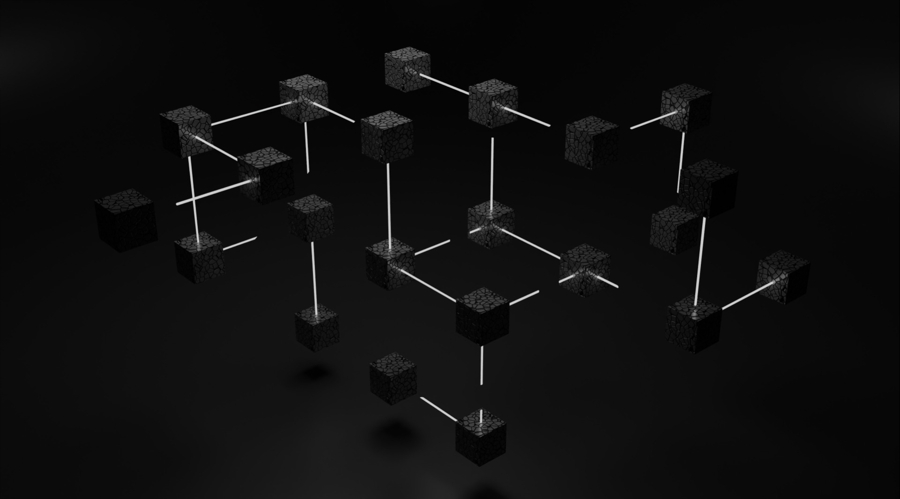Because of its
potential to disrupt different industries, blockchain technology has received a
lot of interest in recent years. Gaming and virtual reality (VR) are two
industries that promise to benefit substantially from blockchain.
Blockchain’s
decentralized structure and unique characteristics have the potential to
transform the way games are made, distributed, and played, providing exciting
prospects for both developers and users. In this article, we will look at how
blockchain technology has the potential to change the gaming and virtual
reality industries.
Ownership
Enhancement and Digital Asset Management
Blockchain
technology has the potential to empower gamers by granting them actual
ownership and control over in-game assets. Traditionally, players spend time
and money obtaining virtual objects within a game, such as guns, skins, or
virtual real estate. They do, however, have limited ownership rights and are
frequently unable to transfer or sell these goods outside of the game’s
ecosystem.
Through
non-fungible tokens (NFTs), players can have verified ownership of digital
assets using blockchain. Because NFTs are one-of-a-kind tokens that represent a
single item or piece of content, they are suitable for representing virtual
assets in games.
On blockchain-based
markets, players can trade, sell, or even lend their NFT-based assets,
resulting in a thriving secondary market for digital items. This new ownership
paradigm provides value to participants’ investments while also allowing for
greater flexibility and autonomy.
Transactions
that are both transparent and secure
Within gaming
environments, blockchain technology offers transparent and secure transactions.
In-game transactions can be automated and validated using smart contracts,
which are self-executing contracts with predefined conditions. This eliminates
the need for intermediaries while also lowering transaction costs and ensuring
transparency.
Blockchain-based
markets, for example, can ease peer-to-peer transactions between players by allowing
smart contracts to automatically transfer ownership and payments when
predetermined conditions are met. This creates a trustless environment,
reducing the possibility of fraud and assuring fair transactions.
Play-to-Earn
Possibilities
Blockchain introduces
the concept of play-to-earn, in which users can earn real-world value by
participating in in-game activities. Game creators can establish economies
where players can earn bitcoins or other…
























